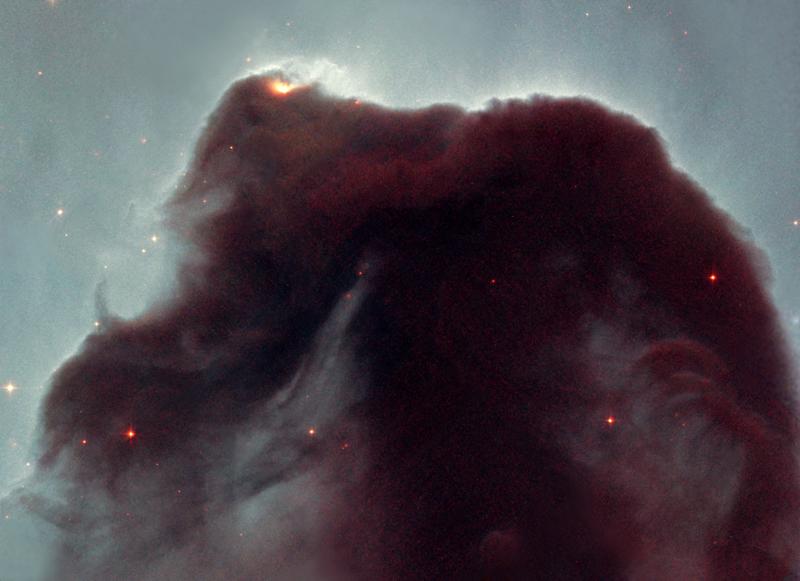International Year of Astronomy
Now that 2009 has begun its important for all to know that 2009 has been declared the international year of astronomy. It is the 400th anniversary of when Galileo Galilee first turned his telescopes to the heavens, opening a whole new world of scientific discovery. It is an important time to remind and education the public about the world of astronomy, with astronomy budgets tightening getting the public involved is crucial to keeping support alive and well.
The history surrounding Galileo is quite fascinating and worth looking into for any science or history enthusiast. He was truly one of the first real scientists, pioneering what we know as the modern scientific method. Galileo lived an interesting life teaching mainly in Pisa Italy (where he did the famous experiment of dropping objects of different weights off the leaning tower) and then spending the majority of his life in Florence. In Florence he spent his time educating the ruling family of the time, the Medici. He did not invent the telescope as many think, as it was first invented for use as a naval navigation tool. He was the first to use it for astronomical purposes. With his telescope he discovered the moons of Jupiter and documented sunspots, the phases of Venus, and made detailed drawings of the surface of the moon. For anyone interested a terrific read on the subject is the book ‘Galileo’s Daughter’ by Dava Sobel. It is a good biography not just of his professional but also personal life and includes real transcripts of letters between him and his daughter; it gives a good view of life in Italy at the time.
Back in 2009, many events will be happening throughout the year to commiserate this occasion. For a full list check out the official website at www.astronomy2009.org. The kick off will officially be in Paris on January 15 and 16 featuring keynote speeches from Nobel laureates and video feeds from scientists all over the world. The solar physics group will be having a yearlong campaign in over 30 countries at 150 different venues. ‘The Cosmic Diary’ is a website being launched in January focusing on the daily lives of astronomers with over 50 astronomers from 35 countries participating with blogs, articles, video, and more. Another event is the ‘100 Hours of Astronomy’ taking place on April 2-5. It will feature live web casts, public viewings, and other outreach events. One interesting feature going on the month of January is the project ‘Dark Skies Awareness’, where the International Year of Astronomy organization is trying to rise awareness about light pollution and they’ve called on the public to count the number of stars that are visible in areas with differing light pollution and you can then compare with there data on the number of stars when there is no light pollution and the results are quite surprising.
I personally encourage anyone reading to get involved. There are many ways for the public to get involved in astronomy. You can head out to your local planetarium and see what they have going on. Or go to a public viewing night held by your local university or observatory. I know some university’s go out into the community and do things like Universe in the Park viewing nights, or if you have children you can sign up their class or troop to have astronomy students come do a presentation. If you already have a telescope just take it out and make sure it gets some use, and if you know how try hooking up your camera to it and enter an astronomy picture contest. Astronomy is a fascinating subject, but in difficult financial times its important to keep the public enthused involved and educated, hopefully with some of these large scale events going on people will get reminded just how fun and amazing it can be to look up to the heavens as Galileo did so many years ago.
